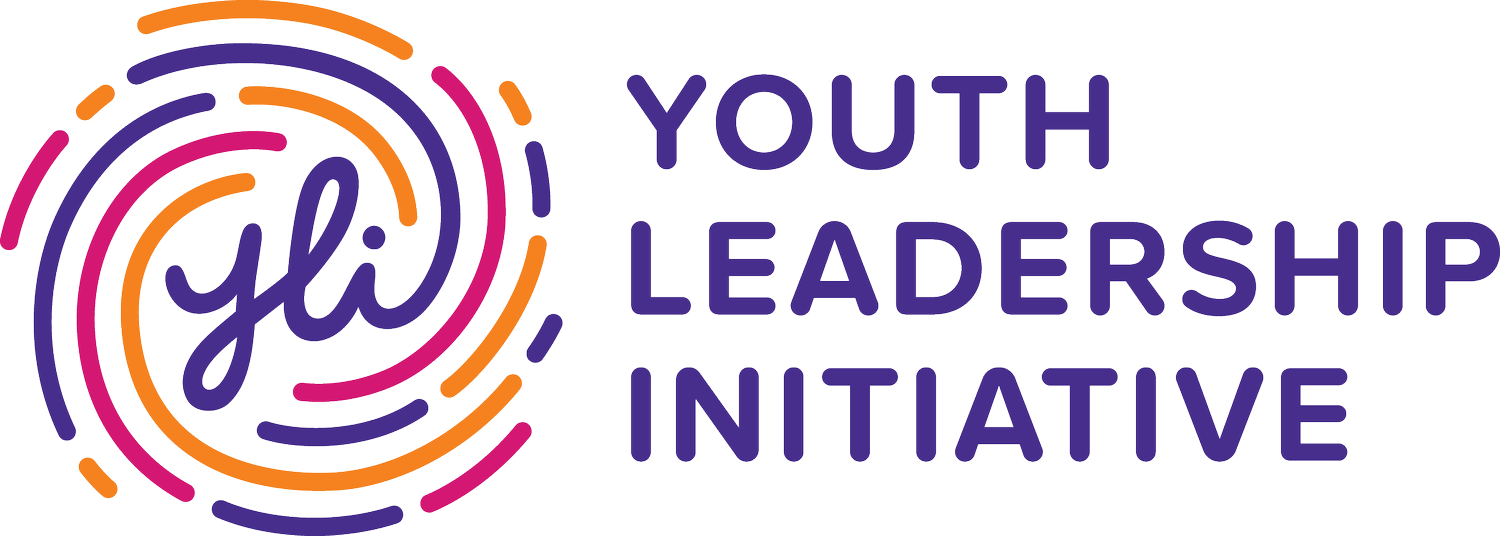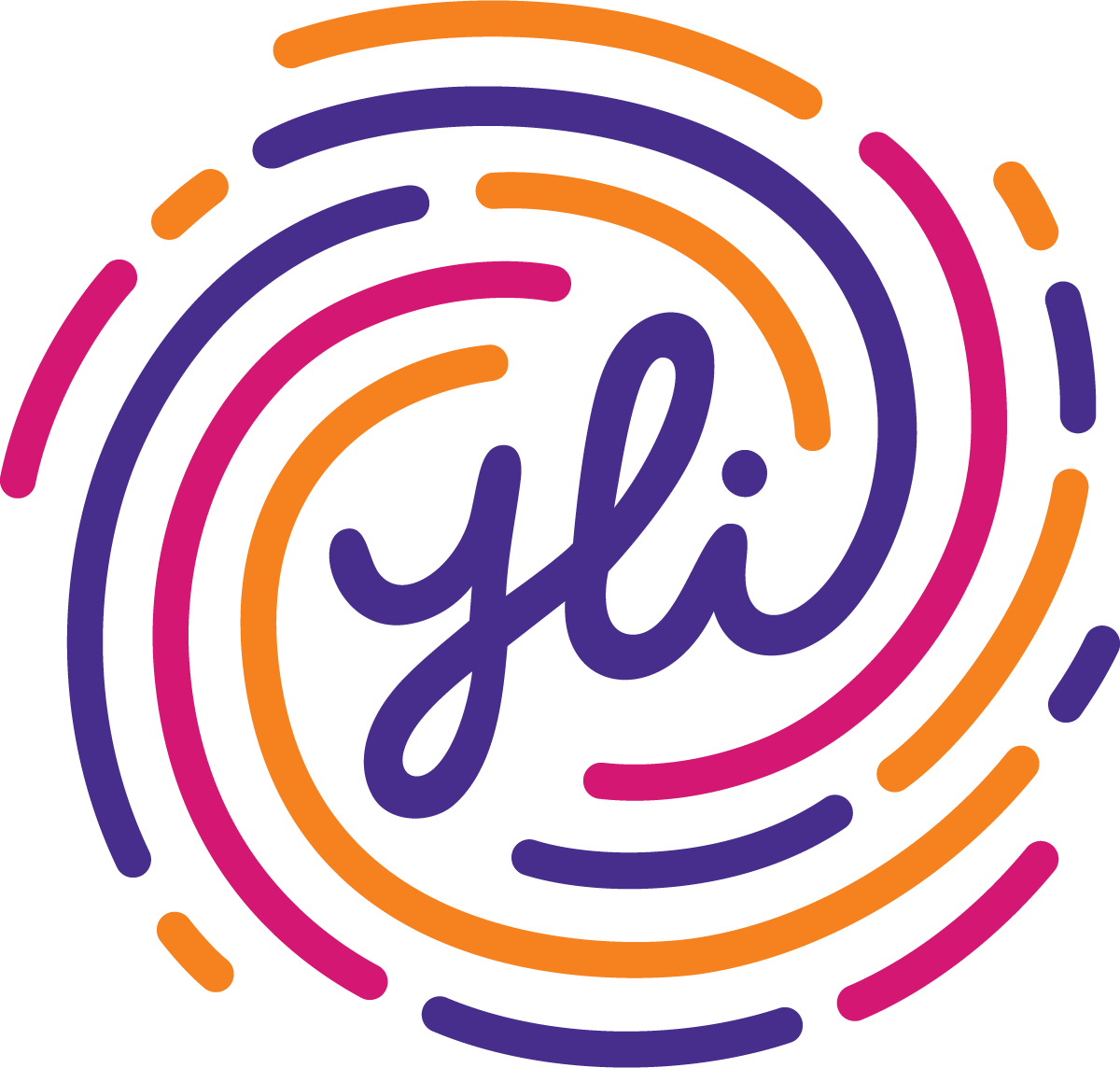
Why Our Work Matters
Demographers project that America will be majority people of color by 2050. The youth of today will spend their adult life navigating multiracial and multicultural workplaces and communities. With this demographic shift, leadership plays a crucial role in contributing to racial justice and prevailing against inequities. New and emerging leaders will need to lead with a racial equity lens.
Historical and current practices continue to reinforce racialized outcomes: police brutality against Black and Brown bodies, anti-immigrant sentiments, Islamophobia and Xenophobia. Leaders must rise up to advance racial and social justice for their communities. Programs like YLI are needed more than ever to develop youth into leaders by strengthening their understanding of identity, demonstrating tolerance and deep empathy and learning how to collaborate across race, cultures and identities.
BIPOC youth live at the complex intersection of problematic systems –– adultism, racism, patriarchy, white supremacy and heteronormativity –– colluding to marginalize and oppress them. This makes it challenging for young people to embrace their identities and achieve their fullest potential. By intentionally investing in youth of color and their narratives, YLI contributes to the growth and normalization of representation of/for BIPOC voices and power.
YLI also recognizes the need to build collective power including both BIPOC and allies becoming fully self-aware of their strengths and acknowledging their personal power to create change. Our program builds youth power by establishing a relational and inclusive culture to support learning in systems thinking, leadership skill-building and implementing community change projects. YLI fosters conscientious leaders who will champion building solidarity across communities and lead from a values-based approach to advance social justice for communities of color.
Collective power cannot happen without community building. YLI’s community-building involves convening young people to learn and understand the value of interdependence and building connections. Additionally, YLI models collective power through youth-adult facilitation teams, collaborative leadership structures, community-centered decision-making processes, power-sharing with youth and collective accountability.

